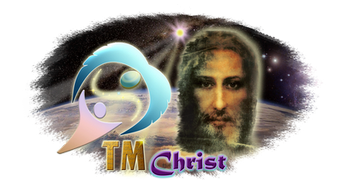The prior few Posts serve as Introduction to the following long series of Posts. We will begin designing a validated, socially sustainable evolutionary form of democracy that will build on what I call “The First Paradigm of Democracy,” which is what the signers of the Declaration of Independence and the Constitutions created. That paradigm continues today in almost the identical form as it was created 238 years ago. Times have changed, so let us begin designing “The Second Paradigm of Democracy,” which we hope will instill confidence in established and developing democracies, to evolve with the times. We will take side trips along the way, so please be patient.
The experience that we the People have gained in the last 238 years involving the development of that original paradigm of democracy provides an invaluable resource for our reflection. As old as our U.S. form of democracy seems, it in truth is a very young and immature form of democracy. It is not the last, most perfect form of democracy that can be devised. Before we develop an evolved form of democracy for democratic nations, let us appreciate how wisdom is gained:
1) We participate in some experience that challenges us;
2) in the terms of older generations, we then “take stock” of that experience, that is, we reflect upon that experience.
The process of reflection involves thoughtful contemplation of an experience, examining it for similarities with other experiences, and examining it for differences with similar experiences.
3) We are looking for “lessons” to be learned from those similar and differing experiences. It is important to learn the “lessons” of life. We must ask during the process of reflection, “Is there a lesson to be learned from this experience and from similar experiences?” And, “What is the lesson, here?”
4) Having discovered that there truly is a “lesson” to be learned from those experiences, we are led to ask the next to final question, “What is the wisdom that these experiences provide to us?” And finally, as we search the libraries of our mind for related lessons and wisdom for the problem we are working on, we then ask, “What wisdom(s) can we draw upon to guide our new creation?”
As we initiate the work of creating an effective and innovative form of democracy, we will begin by asking many discerning questions, often which seem at first to be solely rhetorical. But, they are not. They are pragmatic and provide a stable foundation upon which to build a new paradigm of democracy.
